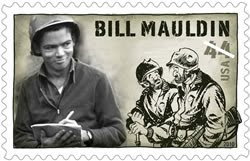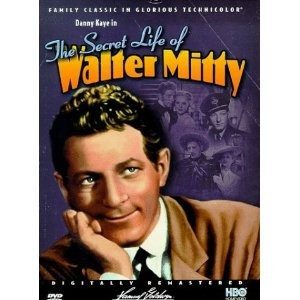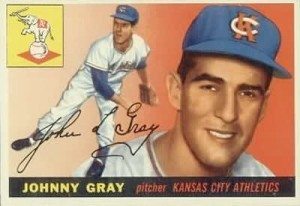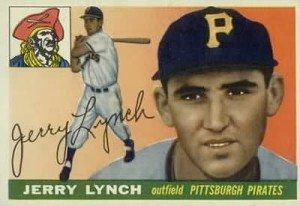Who should I collect?
What do I say in a letter?
Two good questions asked by many a collector. My answers are:
1. Anyone with personal meaning in your own life is a hero. Seek their autograph.
2. Tell the person why they matter. Thank them for what they’ve done.
On this Memorial Day, I’m thinking about my late father, who served in the Air Force just after World War II. My memories of him confirm that I’m doing the right thing. I’m hoping to make contact with baseball’s surviving World War II vets.
There’s more than one book published about baseball’s role in World War II. For a quick start, I’d point everyone to a league-leading historian. For the last 10 years, Gary Bedingfield has been remembering baseball’s wartime contributions. His patriotic website and blog have kept me writing to these men still here with tales to share.
I’ve even sought the great Bill Mauldin stamp out this spring. Ask any vet what “Willie and Joe” cartoons meant to them. You’ll be amazed at their answers.
Thank you to every veteran reading this today. Thanks to all supporters of “Baseball By The Letters.” Upon this 100th post, I’m still delighted to be here.




